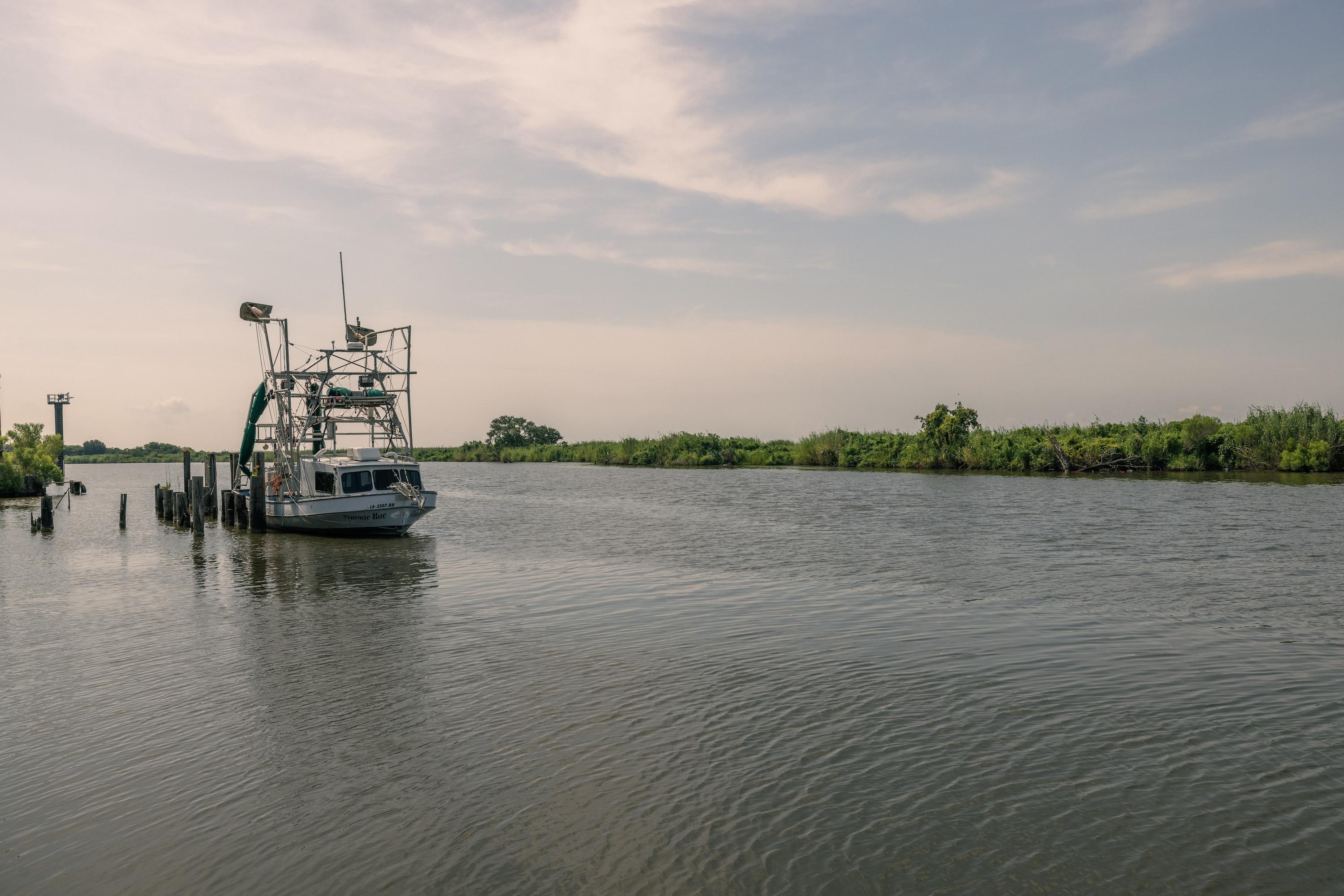Civil engineering major among new engineering programs offered at Tulane
Programs at the School of Science and Engineering at Tulane University continue to expand with four new degrees: two undergraduate majors and two Master of Science programs.
“With enthusiastic support from faculty, staff and our generous alumni, engineering at Tulane is roaring back to life!” said Hridesh Rajan, dean of the School of Science and Engineering. “The new degree programs underscore Tulane's commitment to engineering excellence.”
As part of that commitment, the Department of River-Coastal Science and Engineering is introducing a Civil Engineering – Water and Environment major this fall, which builds on the existing Civil Engineering – Water and Environment minor established in 2023.
"These programs show Tulane at its best,” said Robin Forman, senior vice president for academic affairs and provost. “They can be understood as very high-quality civil engineering programs that provide a strong foundation for anyone entering the field of civil engineering, but they are also much more. Building on Tulane's global leadership in coastal science and engineering, these programs prepare students to be leaders in addressing some of the most pressing issues facing coastal communities and other communities facing serious water-related challenges.”
The focus on water makes Tulane’s programs different than many civil engineering offerings.
“We looked at other programs around the country, because we wanted to be consistent, but we also wanted to find our niche and stand out,” said Ehab Meselhe, chair of the Department of River-Coastal Science and Engineering and Charlotte Beyer Hubbell Chair.
Meselhe specified that while the program is focused on water, that does not mean that it will be narrow. “Our department, since its inception, is focused on looking at water from different perspectives,” he said. “Geographically, we have one of the most complex coastal systems in the country, and perhaps globally.”
That means that there are ample learning opportunities nearby for field trips or internships, according to Meselhe. The second undergraduate major now available is in computer science, which has now gone from only being available as an interdisciplinary coordinate major to being offered as a full major on its own. While not officially an “engineering” program, computer science is closely related to engineering disciplines and involves education in both the hardware and software involved in modern technology.
The school is also expanding its offerings for graduate students, with new Master of Science programs in electrical engineering and mechanical engineering. The new programs are being run by advisory committees of faculty from the Department of Physics and Engineering Physics, Biomedical Engineering, Chemical Engineering and Computer Science. Each of these new master's programs has multiple focus areas to provide in-depth expertise across the broader electrical and mechanical engineering disciplines.
These master’s programs join the recently established minors in electrical, mechanical and materials engineering that began last year.
They join the existing degrees in materials, chemical and biomedical engineering, as well as in river-coastal science and engineering, and landscape architecture and engineering, the latter of which is offered as a dual-degree program between the School of Science and Engineering and the School of Architecture and Built Environment.
Admission is now open for all the new programs, and the first students are hoping to begin taking classes as soon as possible in the new academic year. The first students to enroll in the new master’s programs will likely be current rising juniors and seniors, with some asking about a 4 + 1 opportunity in which they can earn both a bachelor’s and master’s in five years.
There is similar enthusiasm from current students for the civil engineering major. Although the original plan was to begin offering the major to incoming first-year students in the fall of 2026, Meselhe said student demand is accelerating that timeline.
Local industry partners are also excited to learn about the programs.
“It’s readily apparent that the region needs engineers,” said Matt Barrios, senior professor of practice and head of the advisory committee for mechanical engineering. “They need mechanical engineers, they need electrical engineers, they need civil engineers.”
For more information about the programs, visit the Department of River-Coastal Science and Engineering website, the Department of Computer Science website and the Department of Physics and Engineering Physics website.

